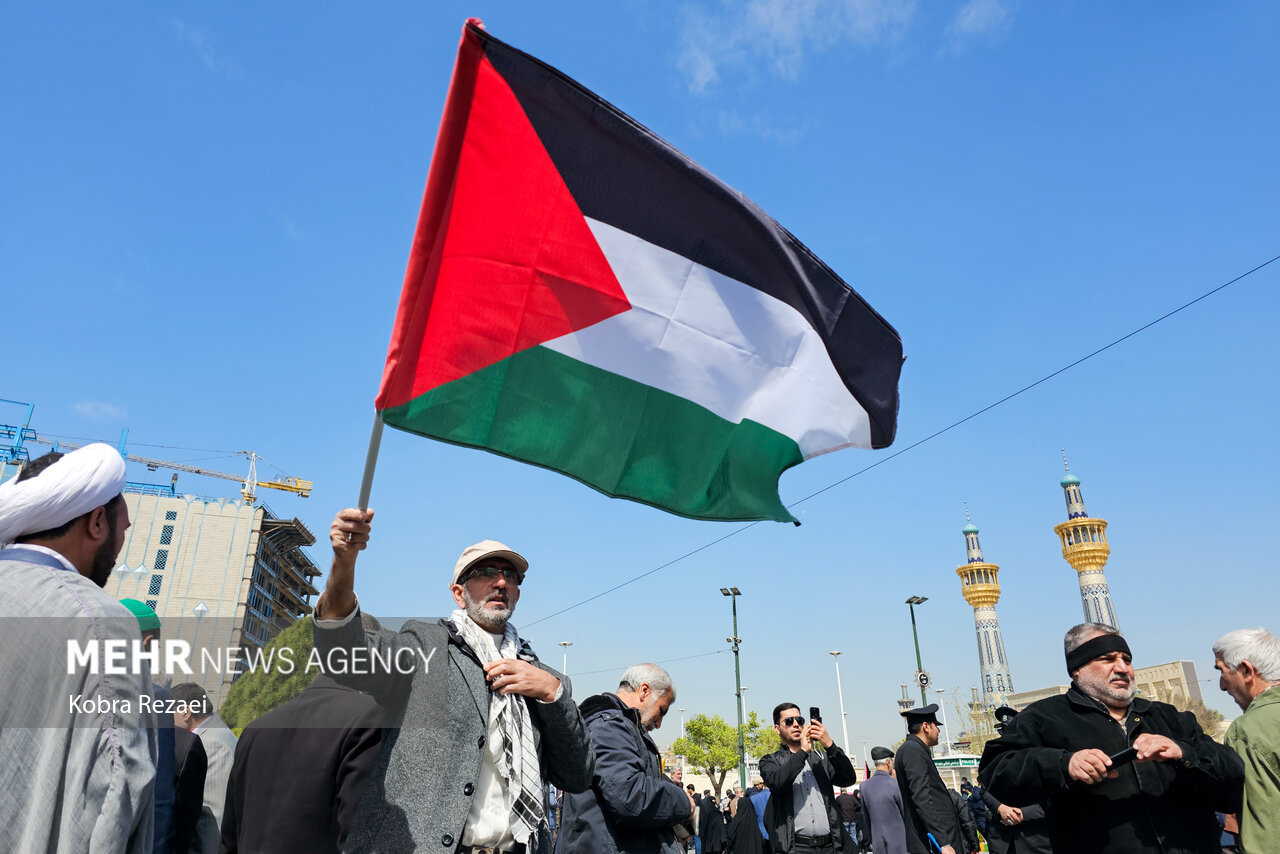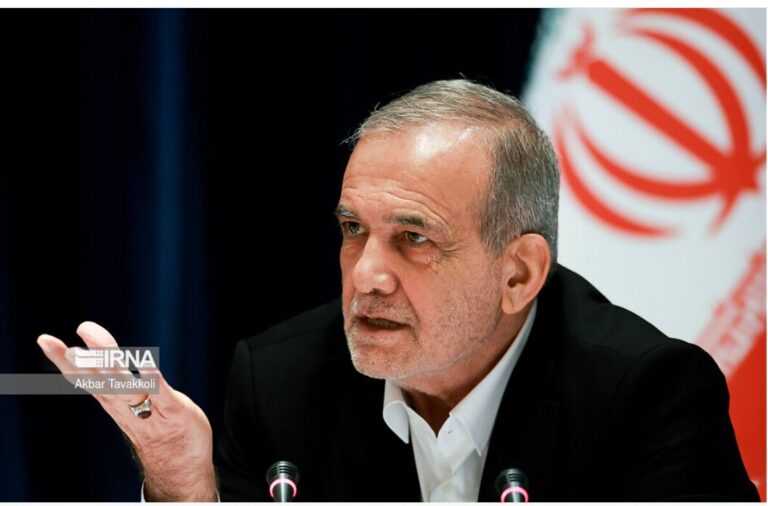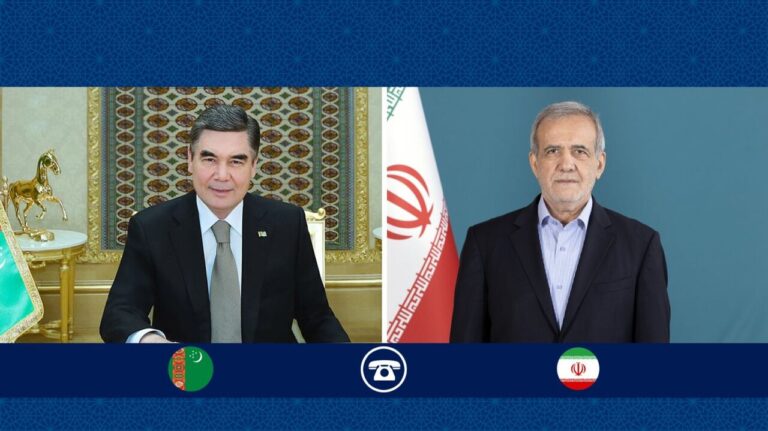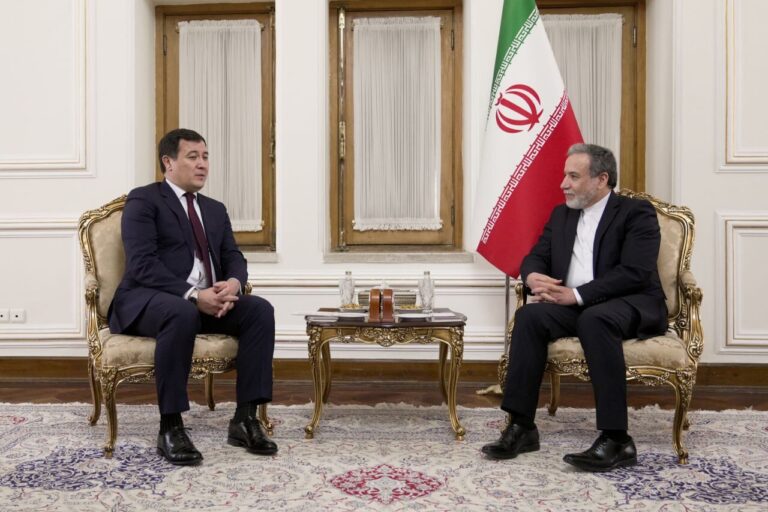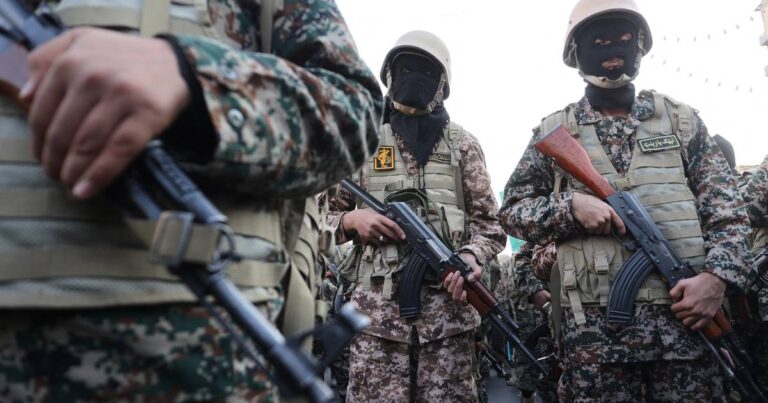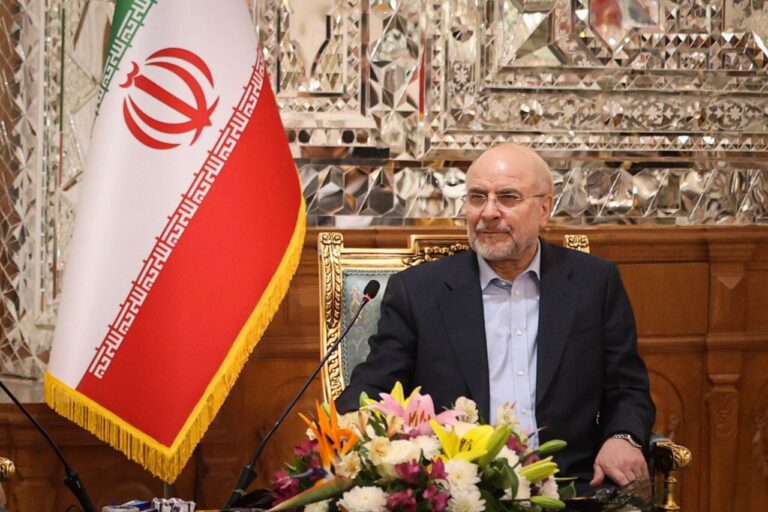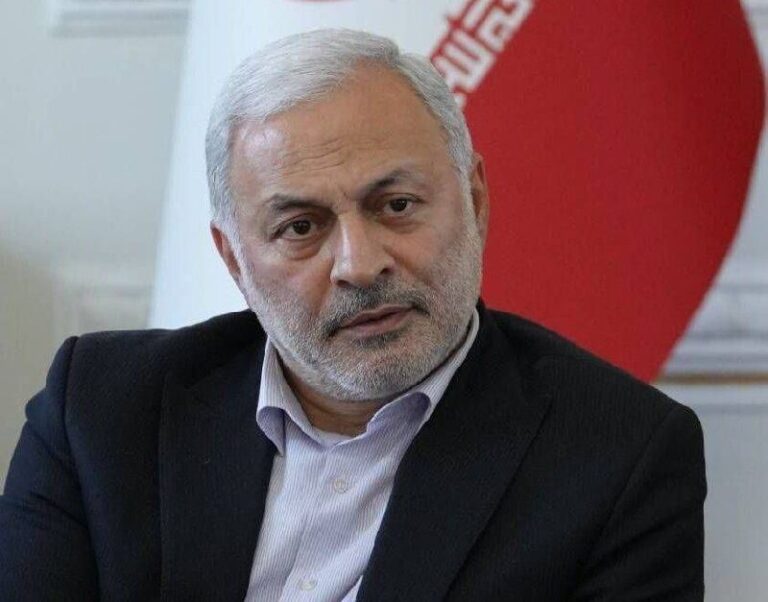International Quds Day: Celebrating the Philosophy of Existence and Resistance
International Quds Day is more than just a day dedicated to Jerusalem; it symbolizes the struggle of the oppressed against the arrogant. This significant day represents the unity of free nations standing against tyrannical powers. It serves as a powerful reminder that Islam is no longer under the yoke of oppression and will not yield to malevolent dominance. It emphasizes the revival of Islamic values and highlights that the plight of Palestine transcends national concerns and is fundamentally a humanitarian issue.
On August 7, 1979 (16 Mordad 1358 in the Persian calendar), Imam Khomeini (may God bless his soul) called upon Muslims and all free people globally to observe the last Friday of Ramadan as “Quds Day.” This pivotal day was designated for Muslims and freedom-seekers to express their solidarity in support of “the legitimate rights of the Palestinian people.”
Imam Khomeini (may God have mercy on him) articulated the essence of Quds Day, stating:
“Quds Day is not just a day for Palestine; it is a day for Islam. Quds Day is a global day, not just a day for Jerusalem. It is a day when the oppressed confront the arrogant.”
This visionary decision to establish International Quds Day provided a platform for showcasing the unity of the Islamic Ummah and other free nations in addressing the Palestinian issue and countering the expansionist agenda of the Zionist regime. Over 31 years of rivalry and struggle culminated in this significant day, emphasizing that liberating Jerusalem is an undeniable historical necessity for the Muslim world.
The occupation of Palestine marked the commencement of a broader scheme aimed at instilling humiliation within the Islamic Ummah. The major Zionist agenda sought to undermine Muslim capabilities, yet Palestinian resistance, along with the support of various Islamic nations, thwarted these efforts. The Islamic Revolution in Iran incited panic among the Zionists and their allies, leading to the emergence of Islamic resistance movements in Palestine and Southern Lebanon, which revitalized the Islamic world and signaled the Ummah’s return to its rightful stance.
On Quds Day, the Leader of the Islamic Revolution, Ayatollah Seyyed Ali Khamenei, emphasized:
“Quds Day is, in the truest sense, an Islamic and global day; it is a day when the Iranian nation, alongside other ambitious nations—which, fortunately, have multiplied today—can shout the word of truth that the arrogant powers have sought to suppress.”
For decades, efforts to erase the issue of Palestine from global consciousness have persisted. Despite achieving some success, the Islamic Revolution delivered a significant blow to these endeavors. The establishment of the Islamic Republic, the proclamation of Quds Day, and the transformation of the usurping regime’s embassy into the Embassy of Palestine in Tehran served as a clarion call to global powers complicit in the creation of the Zionist entity.
The movement toward liberating Quds and Palestine is gaining momentum daily. However, Quds Day must also be viewed as a day of unity among the Islamic Ummah—an occasion to confront the Zionist regime’s arrogance and expansionist efforts aimed at sowing discord, inciting international conflicts, and fueling sectarian divisions within Islam.
Regrettably, certain reactionary Arab leaders have been complicit in undermining the Palestinian cause, endorsing projects aimed at its liquidation. Rather than combating the primary enemies of the Ummah—the Zionist regime and the United States—these leaders have suppressed resistance fighters and contributed to conflicts in Syria, Iraq, Yemen, Lebanon, Afghanistan, and beyond.
In light of the ongoing efforts to erase Palestine from global awareness, Ayatollah Khamenei remarked:
“For many years, they have tried to make us forget the issue of Quds. But Quds Day is an arrow to the heart of this conspiracy. It is a step toward thwarting this heinous plot, in which global arrogance, Zionism, and their accomplices and collaborators have united to completely erase the Palestinian cause from memory.”
On Quds Day, amidst conspiratorial silence, millions of Iranians filled the streets, their voices echoing with conviction. They affirmed that Jerusalem is more than a city; it symbolizes existence, justice, and hope for all the oppressed worldwide.
From Tehran to Mashhad, and Isfahan to Ahvaz, Palestinian flags flew high, symbolizing the Ummah’s resilience against the Zionist agenda that only understands aggression. In the capital, hundreds of thousands marched toward the University of Tehran, united in their belief that resistance is not merely a choice but an inevitable destiny. Before the Friday sermon, Zeinab Nasrallah, daughter of the esteemed martyr Sayyed Hassan Nasrallah, inspired hearts with her words, stressing that Palestine is not alone and that Quds Day represents a renewed commitment to the struggle.
Across over 900 Iranian cities, similar scenes unfolded—chants resonating against the occupiers, reminders of the injustices faced by the martyrs of Gaza, and an unwavering promise that the occupation is a crime that will not be forgotten. These demonstrations were not mere protests; they conveyed a powerful message: Jerusalem is not for sale, nor will it ever be.
Quds Day is a historical juncture where dignity is inscribed, as the free declare that Palestine will endure despite all conspiracies and betrayals. The Zionist occupation, no matter how entrenched, is destined to collapse, just as all fortresses of oppression have crumbled throughout history.
Indeed, International Quds Day embodies the philosophy of Palestine’s existence and represents a commitment to keep its cause alive until divine promises are fulfilled.
MNA/
